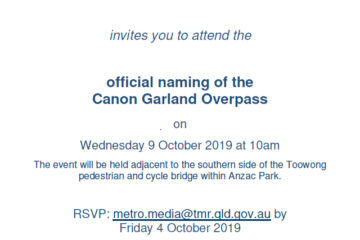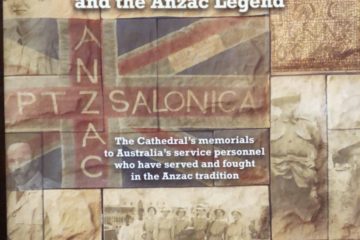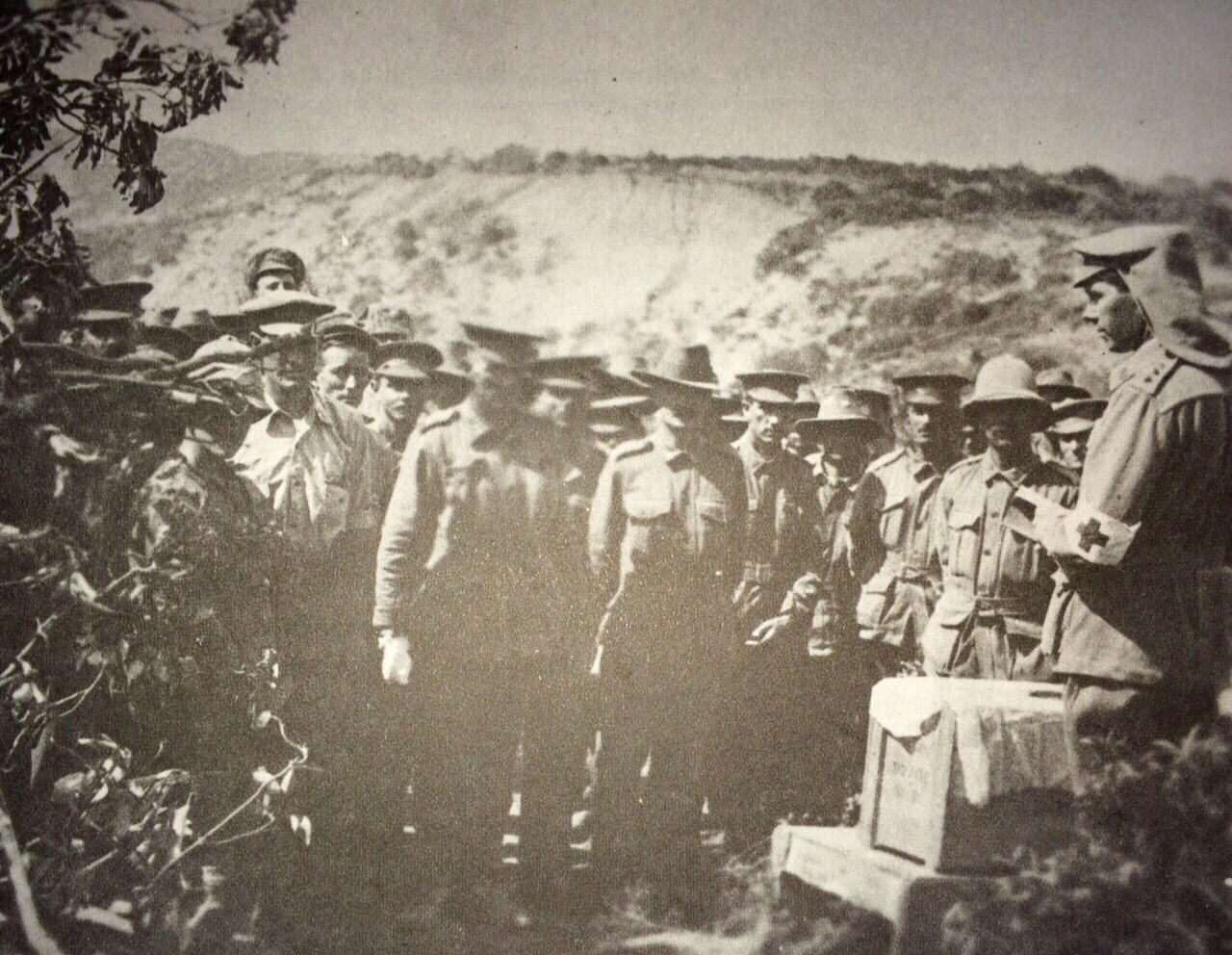Broadcast ban dictatorship
ABOVE: Queensland Premier, William Forgan Smith, had high hopes that his guest spot at Canon Garland’s weekly communion breakfast broadcast from St Barnabas’ Church, Waterworks Road, Red Hill, would go out via the Australian Broadcasting Commission’s state-wide, flagship network. Instead, Canon Garland was able to organise for Radio 4BC to take the live feed, but the reach was limited to Greater Brisbane. This article appeared in Brisbane’s “Truth” newspaper on 8 August 1937 (page 20).
PREMIER’S FURTHER VIEWS.
BRISBANE, August 9.– Replying to the statement by Mr. Moses [ Charles Joseph Alfred Moses ] to-day, [ Queensland State [ Australian Labor Party ] Premier, Mr. Forgan Smith, [ William Forgan Smith ] stated that arrangements for his own broadcast were made a month ago and the [ Australian Broadcasting ] Commission’s policy was decided only on July 14 [ 1937 ].
It was quite right that Mr. Casey [ Richard Gavin Gardiner Casey ] and Mr. Curtin [ John Curtin ] should be broadcast, but he did object to the Commission refusing to broadcast his own address because political speeches were prohibited for policy reasons, and then permitting a broadcast by a Federal Minister on a political subject.
It appeared to him that the Australian Broadcasting Commission was following the blundering methods of the Federal Government which characterised the handling of the Frere case and the alien migration.
POSITION RIDICULOUS.
The position had become ridiculous, continued the Premier, as on Sunday the chairman of the Commission (Mr. J. Cleary) [ William James Cleary ] said that no politician in Australia would be permitted to talk over any of the National stations till after the Federal elections and to-day Mr. Moses said that following Mr. Casey’s broadcast, Mr. Curtin would speak over the National stations from Melbourne on Sunday.
DICTATORSHIP.
He repeated that the Commission was setting up a system of dictatorship of opinion.
All special pleading could not dispose of the fact that political discrimination had been exercised by the Commission and listeners who paid licence fee in return for service from the National stations were entitled to expect better treatment.
KNOW ELECTION DATE?
Mr. Forgan Smith said that the chairman of the Commission stated also that they had fixed three months before the election as the period in which the policy applied.
How did the Commission know that the election would take place in three months? A session of Parliament had just been called and the Federal Government [ the-then United Australia Party government, lead by Joseph Aloysius Lyons ] must continue in office for some months.
Mr. Cleary and Mr. Moses must have some political information about the elections of which the public was not possessed.
HISTORY OF DISCUSSIONS.
Outlining the discussions which occurred concerning the broadcasting of the Premier’s address, Mr. A.N. Finlay [ Arthur Noel Finlay ], Brisbane manager for the Australian Broadcasting Commission, said to-night [ 9 August 1937 ] that some considerable time ago arrangements had been made with Canon Garland to broadcast the early morning Communion service at St. Barnabas’ Church last Sunday [ sic, 8 August 1937 ] .
At this time no ban had been placed on political speakers and Canon Garland was informed in a casual conversation that in all probability there would be no objection to broadcasting the address of the Premier after the service, the Commission having a high regard for Mr. Forgan Smith, who had never on any occasion he had spoken through the National stations said anything to which exception could be taken.
Notice of the broadcast, however, had not been given, in the forward programmes and it was not till July 26 that Canon Garland pointed out to the officer in charge of programmes that sanction had been given some weeks previously to a broadcast of the service.
Mr. Finlay said that it was not his custom to check who the speakers were to be for religious services because an understanding existed between the Commission and the various denominations that addresses were not to be censored.
Therefore, it was not till Friday that he realised, when checking the forward programmes, that the Premier was to speak on the following Sunday.
In view of the recent ruling on the policy by the Commission concerning politicians speaking through National stations he immediately telephoned the general manager in Sydney to ascertain whether there could be any variation in the Commission’s policy.
The reply by Mr. Moses was in accordance with the memorandum received recently.
He asked that Canon Garland be informed that under the policy adopted by the Commission, it was regretted that the Premier’s address could not be broadcast.
Canon Garland was informed immediately. There was absolutely no personal feeling.
The position in Melbourne had a different aspect, continued Mr. Finlay, as apparently the broadcasts had bean arranged after a considerable discussion on the understanding that both political parties should have an equal opportunity of being heard by the people.
It was much to be regretted that the Commission’s definitely outlined policy should have been brought into operation to the inconvenience of the Premier and Canon Garland, but a start had to be made somewhere and the lot happened to fall to Queensland.
– from page 21 of “The Northern Herald” (Cairns) of 14 August 1937.

ABOVE: St Barnabas’ Church became a flashpoint for national politics in the winter of 1937. As this excerpt from the Melbourne newspaper, “The Australasian” of 14 August 1927 (page 16) explains, Canon Garland’s guest for the previous week’s communion breakfast broadcast on Radio 4QG – Queensland [ Australian Labor Party ] Premier, William Forgan Smith – resented having his airtime being broadcast on a “lesser” station (Radio 4BC) than the Australian Broadcasting Commission’s (the “ABC”) state-wide, flagship network. The sticking point for the ABC was that its rules banned all politicians getting airtime during election campaigns. John Curtin’s Labor Opposition did not sweep Prime Minister Joseph Aloysius Lyons’s United Australia Party from power at the poll held on 23 October that year.


